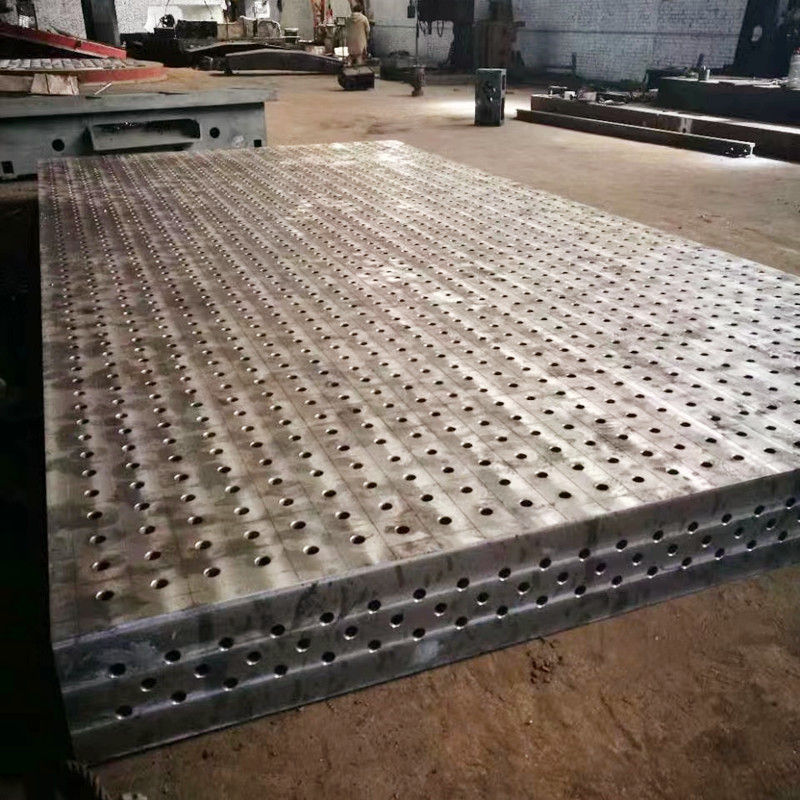Sep . 04, 2024 01:36 Back to list
flow control valve
Understanding Flow Control Valves A Key Component in Fluid Systems
Flow control valves are essential devices in various fluid control systems, regulating the flow of liquids and gases to ensure optimal performance. These valves are used in numerous applications across industries such as manufacturing, water treatment, and even HVAC systems. Understanding their function, types, and importance can provide insights into their role in maintaining efficiency and safety in fluid management.
At its core, a flow control valve adjusts the flow rate of a fluid within a system. By restricting or allowing fluid passage, these valves help maintain desired operational parameters. This regulation is critical; without it, systems could face issues like pressure buildup, equipment damage, or inefficiencies that can lead to increased operational costs.
Flow control valves come in various types, each designed to serve specific functions and applications. Some common types include globe valves, gate valves, and check valves. Globe valves, for example, are known for their excellent throttling capabilities, making them ideal for fine flow adjustments. Gate valves, on the other hand, are typically used for fully opening or closing a flow, while check valves prevent backflow, ensuring the fluid flows in one direction. Another innovative option is the proportional flow control valve, which maintains a preset flow rate by adjusting automatically in response to changes in pressure or flow conditions.
flow control valve

The selection of the appropriate flow control valve is crucial to the efficiency of a system. Factors such as the type of fluid, pressure, temperature, and the required flow rate must be considered. An improperly selected valve can lead to significant system inefficiencies, increased wear and tear on components, and potential system failures.
In addition to their operational benefits, flow control valves play a vital role in enhancing safety. In industries where hazardous materials are handled, ensuring that fluids do not leak or backflow is critical. Flow control valves can help manage these risks by maintaining the integrity of the fluid systems.
In conclusion, flow control valves are pivotal components that play a crucial role in fluid management across various industries. Their ability to regulate flow ensures optimal system performance, enhances safety, and contributes to energy efficiency. Understanding the types of flow control valves and their specific applications enables businesses and engineers to make informed decisions, leading to more effective fluid system designs. By investing in the right flow control solutions, organizations can minimize risks, enhance productivity, and ultimately achieve a smoother operational workflow.
-
Thread Plug Gauge Our Promise of Measurement ExcellenceNewsAug.22,2025
-
Gauge Pin Class Reflecting Quality LegacyNewsAug.22,2025
-
Check Valve Types for High Rise BuildingsNewsAug.22,2025
-
Water Control Valve for Irrigation SystemsNewsAug.22,2025
-
Gate Valve with Soft Seal TechnologyNewsAug.22,2025
-
Y Type Strainer for Oil and Gas ApplicationsNewsAug.22,2025
Related PRODUCTS









